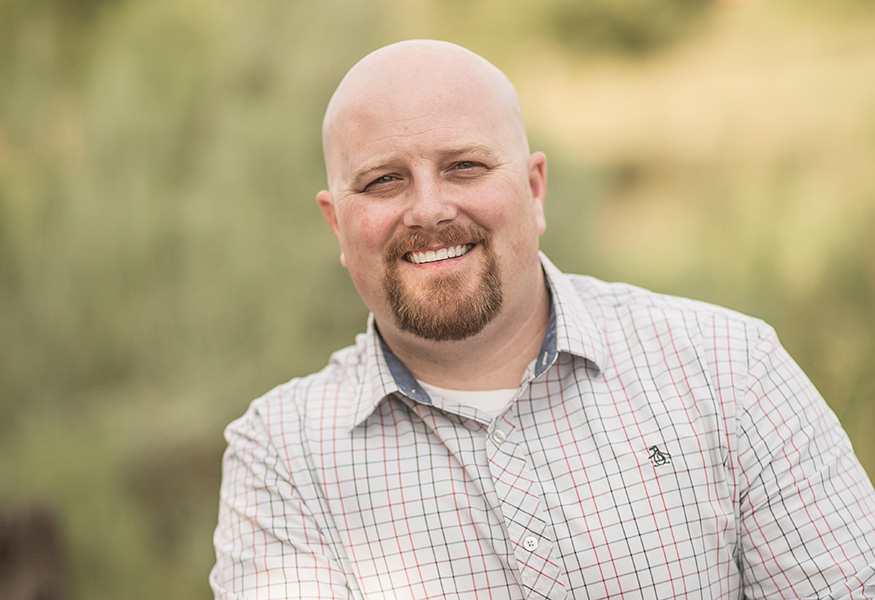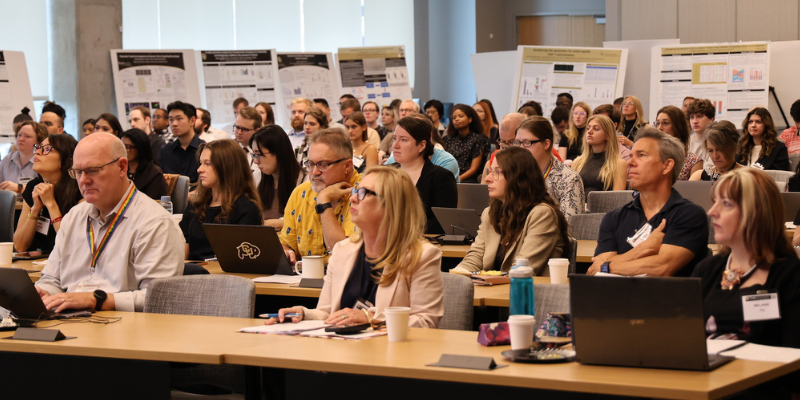James Roede among five early career scientists selected as ONES to watch
Recently, five researchers from universities throughout the country were selected as recipients of the competitive NIEHS (National Institute of Environmental Health Sciences) Outstanding New Environmental Health Science (ONES) awards. Faculty member James Roede was part of this illustrious group.
According to Roede, “This award gives me the opportunity to become truly independent and carve out my own niche in environmental health sciences.”
Designed to identify outstanding scientists at the formative stages of their careers, the ONES program began in 2006 and has funded ground-breaking research initiatives in the environmental health sciences and has advanced NIEHS global leadership in innovative research. This year, like last year, NIEHS committed $2.5 million in grants to the program.
“These five winners are among our most highly creative and promising new scientists,” said NIEHS and National Toxicology Program Director Linda Birnbaum, Ph.D. “With the ONES program, we hope to encourage their long-term commitment to environmental health science research.”
Judging by feedback at a 2016 gathering of previous ONES awardees, the program is succeeding. “The ONES award helped to bring me into a whole new field of research,” said William Mack, M.D., a 2015 ONES awardee.
The 2017 winners — from coast to coast
- Mohit Jain, M.D., Ph.D., from the University of California, San Diego, will use high-throughput mass spectrometry to measure exposure-related small molecules in human blood. He hopes to map the nongenetic underpinnings of human cardiovascular disease.
- James Roede, Ph.D., from the University of Colorado, Denver, will use cellular and animal models to investigate the impact of the fungicide maneb on the cellular mechanisms involved in brain cell development.
- Madeleine Scammell, D.Sc., from Boston University School of Public Health, will research the roles of heat stress, and heavy metal and herbicide exposures on the risk of developing kidney disease among agricultural workers in El Salvador, where death rates from the disease are very high.
- Zheng Sun, Ph.D., from Baylor College of Medicine, will address how metabolic change differs in males and females in response to inorganic arsenic. He will examine the role of sex hormones and their receptors using animal models.
- David Volz, Ph.D., from the University of California, Riverside, hopes to uncover the mechanisms of developmental toxicity for two organophosphate flame retardants that are commonly detected indoors.
ONES boosts careers
In addition to advancing environmental health science, the ONES program aims to give a professional boost to the field’s most original thinkers.
“We’re always on the lookout for vibrant, creative minds,” said Gwen Collman, Ph.D., director of the NIEHS Division of Extramural Research and Training. “ONES is a key tool in achieving our 2012-2017 Strategic Plan goal of inspiring and training the next generation of talented environmental health scientists.”
According to Volz, the benefits extend beyond his own career. “In addition to advancing my research goals, it will provide my students and postdocs a unique training opportunity.”



